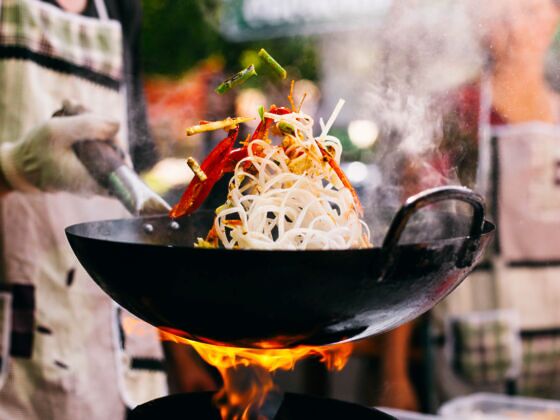I’ve been working in restaurants for the last five years. It’s a challenging job in a pressure-fueled environment that demands tireless effort for sometimes little reward. I love it.
Though I’m still young in terms of my cooking career, I’ve learned a few valuable lessons that’ve helped me become a better traveler.
I’ve learned to open up to people and allow them to do the same.
A kitchen attracts people from all cultures. Last year a quiet, tireless Afghan man started working at my restaurant. He never complained about getting dishes thrown at him in the middle of a frantic service — in fact, on many occasions he’d just say “thank you” and carry on working. After a few conversations with him I learned a great deal about him. They revealed a bright, funny person with plenty to say. Sometimes all you need to do is sit down and show an interest in someone for them to open up and express who they really are.
